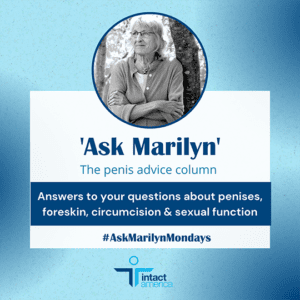 Dear Marilyn:
Dear Marilyn:
I’m looking forward to attending Intact 2022, the 16th International Symposium on Child Genital Cutting, in Atlanta this week. Can you tell me how child genital cutting symposia have impacted intactivism since you began organizing them in 1989?
—Larry, St. Louis, MO
Dear Larry:
I first witnessed a circumcision in 1979. I was horrified and immediately began researching the subject. Our local libraries, including those at the hospital and universities, had little or no relevant information. Then in 1980, Edward Wallerstein sent me a copy of his book, “Circumcision: An American Health Fallacy.” This book became the foundation of my work. I told everyone what I was learning and appeared on local radio and television shows. I was contacted by an attorney who wanted to file a lawsuit asking if parents have a right to consent to a child’s circumcision, or if the baby’s body belonged to the baby. I found a plaintiff, and our lawsuit got publicity.
The publicity likely prompted a couple of local doctors—urologist Aaron Fink and Edgar Schoen, a pediatrician—to join forces and begin their campaign to validate both cultural and religious circumcision, in the form of a pro-circumcision resolution that Fink introduced to the California Medical Association (CMA) and Schoen took to the American Academy of Pediatrics (AAP).
Fink introduced his resolution to the CMA at its yearly convention in 1987, but the Scientific Committee voted it down. Fink came back in 1988 with Arthur Dick, a urologist, who circumcised a banana in front of the CMA membership, and the resolution passed. This was followed by a counter-resolution from Dr. John Hardebeck, who planned to present it at the CMA convention the following year. I knew that meeting was being held at the Disneyland Hotel. So I booked a hotel across the street for our First International Symposium on Circumcision.
I invited Dr. Michel Odent, a French obstetrician and childbirth specialist, to give the keynote presentation. He asked if there would be other international presenters and, when I told him I didn’t have any, he said, “Well then, you need me.” I invited Fink and Schoen, but neither came or even responded to my invitation. But those who did were eager to share their work or their experiences. This was the first time that experts from various disciplines—religion, anthropology, psychology, medicine, law, and ethics—gathered around the subject of circumcision. We were all thrilled by what had transpired. Dr. Paul Fleiss, a popular Los Angeles pediatrician who was both a breastfeeding and anti-circumcision advocate, also attended, and—at the end of the symposium—declared: “Marilyn, now we need to take this show on the road.”
The second symposium was held in 1991 in San Francisco, and Dr. Ashley Montagu, anthropologist and humanist, gave the keynote address. Presenters and attendees alike were amazed at the quality, breadth, and depth of the presentations on this crucial human rights issue.
The joy of each symposium is the new material that has been presented, the medical research that has been done, and the focus on how we treat children at the beginning of life and how this affects society. Those who have attended our symposia have been enriched with important information about the issue and what’s being done to end an anachronistic blood ritual. By coming together, we learn from one another, and become secure in knowing we’re not alone. We have become Intactivists together and we have become a family.
In the following years, we held 13 more symposia around the world including Switzerland, England, Australia, Italy, and Finland; six books of the proceedings were published by Springer—the same company that published Wallerstein’s groundbreaking book decades earlier. Our books are now in universities worldwide and being used in classrooms.
The Atlanta symposium (August 2022) will be the first I will not attend in person. While I’m sorry for that, that’s life! And I’m thrilled to know these gatherings will continue—this time because of David Llewellyn and Georganne Chapin—as will the movement I initiated all those years ago just because I couldn’t keep my mouth shut. As you can see, I still can’t. Please, carry on…
—Marilyn Milos, RN

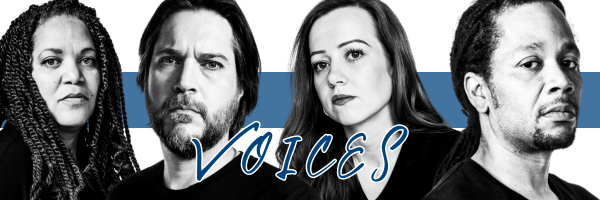
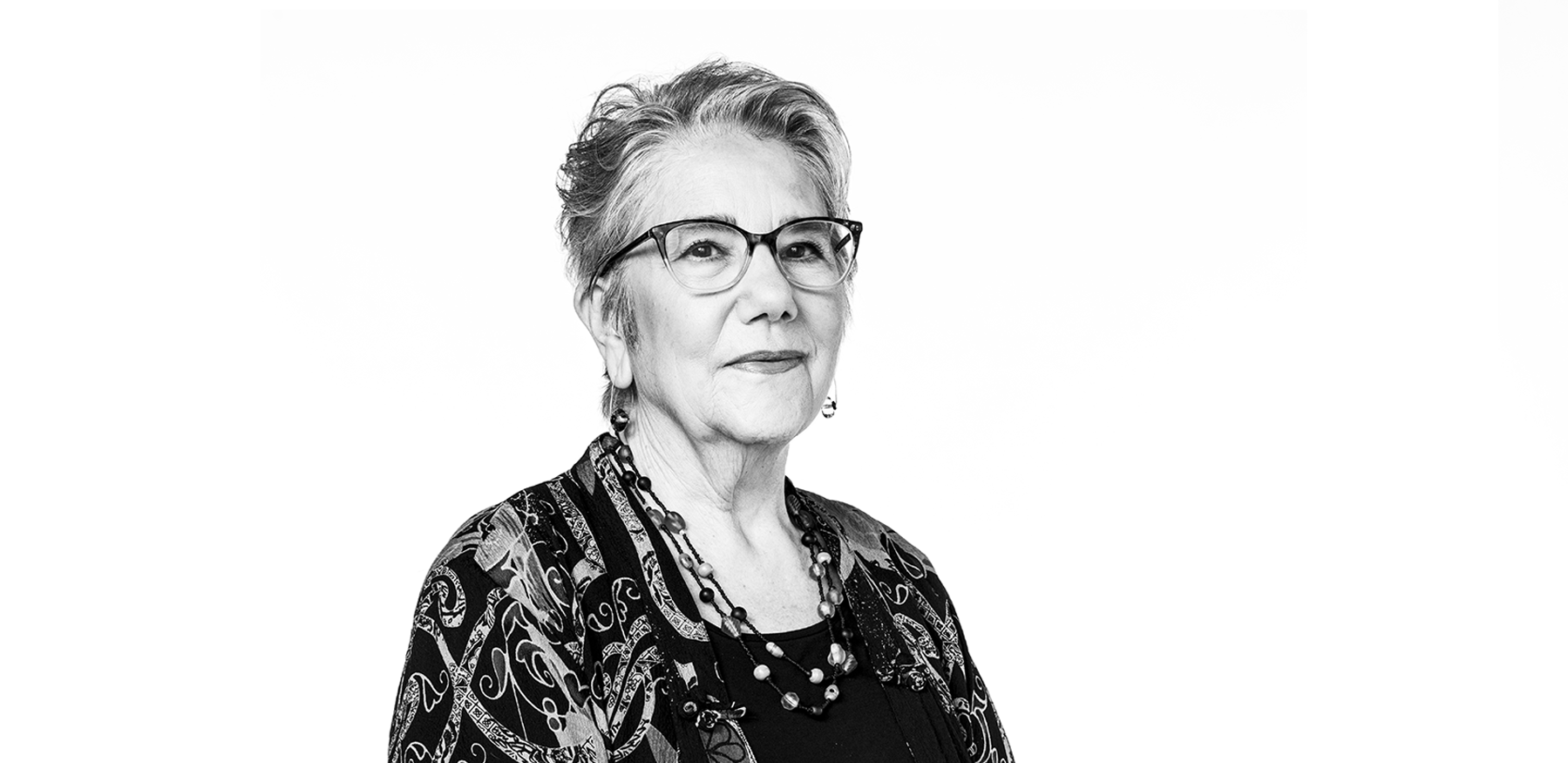
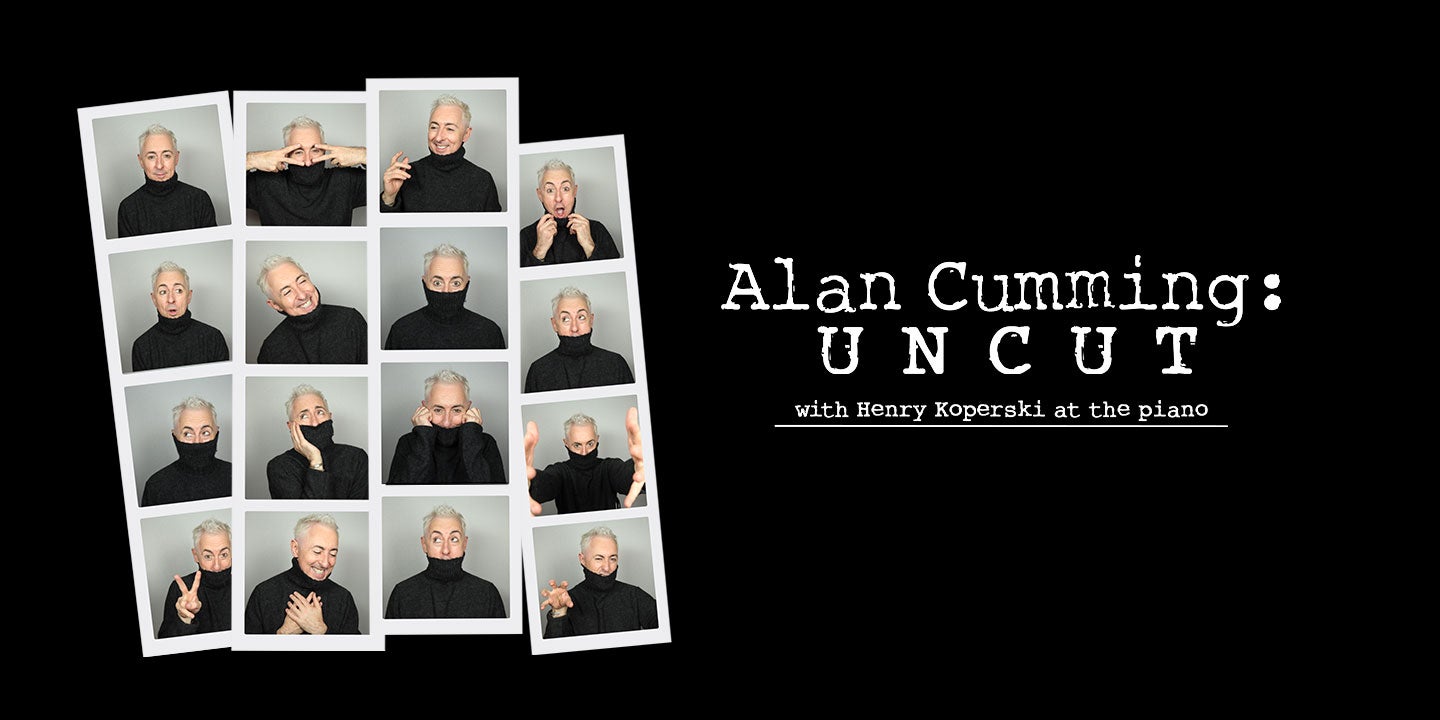
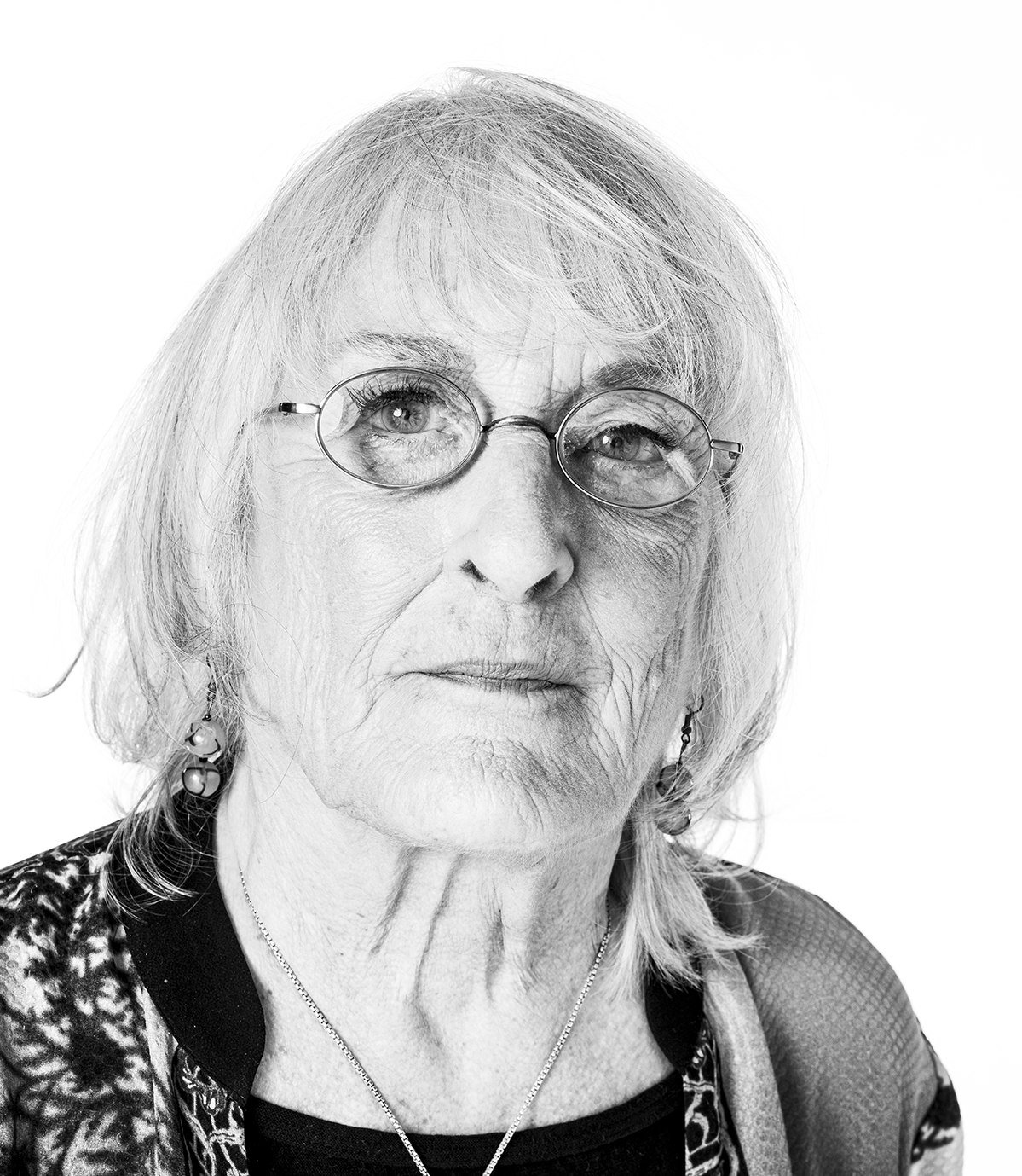
No Comments